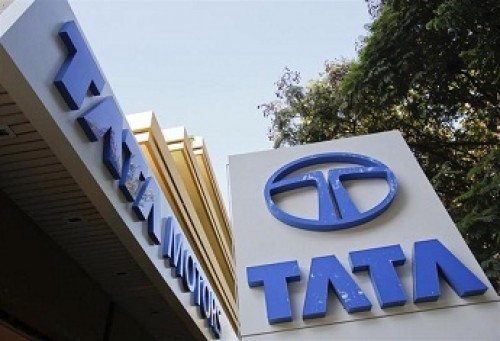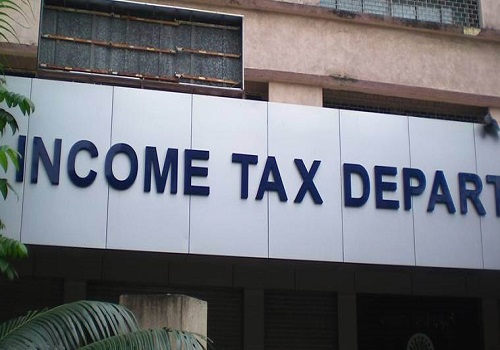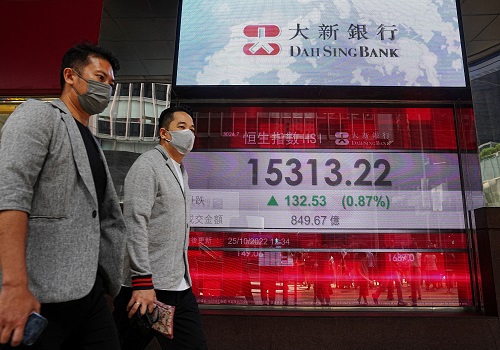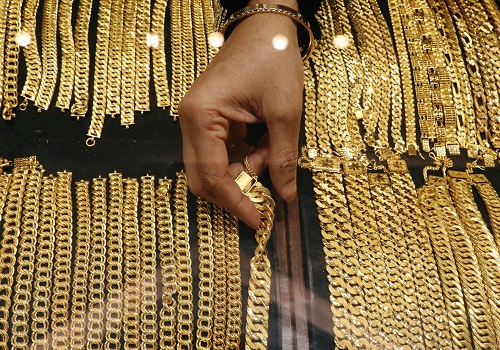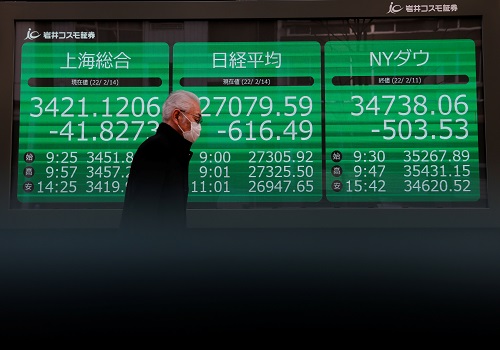U.S. SEC begins rollout of law aimed at delisting Chinese firms

Follow us Now on Telegram ! Get daily 10 - 12 important updates on Business, Finance and Investment. Join our Telegram Channel
WASHINGTON/HONG KONG - The top U.S. securities regulator on Wednesday adopted measures that would kick foreign companies off American stock exchanges if they do not comply with U.S. auditing standards, and require them to disclose any governmental affiliations.
The Holding Foreign Companies Accountable Act, signed into law by then-President Donald Trump in December, is aimed at removing Chinese companies from U.S. exchanges if they fail to comply with American auditing standards for three years in a row.
The rules also require firms prove to the Securities and Exchange Commission (SEC) they are not owned or controlled by an entity of a foreign government and to name any board members who are Chinese Communist Party officials, the SEC said in a statement.
In Hong Kong, the news prompted a sharp sell-off Thursday of the U.S.-listed Chinese companies which have listed on the city's exchange in the past two years.
Baidu Inc shares - which debuted Tuesday - dropped 10.45% in early Thursday trade, Alibaba Group Holding Ltd slipped 5.3%, JD.Com Inc fell 5% and Netease Inc was down 4.1%.
The falls outpaced a 0.2% decline in the broader Hong Kong Hang Seng Index and a 2.22% fall in the Hang Seng Tech Index.
The agency fast-tracked the rules around how companies should submit documentation because it was required to issue them within 90 days of the Act becoming law.
The SEC is now seeking public comments on a process for identifying companies that fail to meet the standards.
The new rules come amid simmering tensions between the United States and China, with bipartisan support for a tough U.S. approach.
Last week in Alaska the two countries held their first high-level meeting under President Joe Biden's administration, with both sides leveling sharp rebukes of the others' policies.
A flurry of 11th-hour efforts under the Trump administration led to dozens of Chinese companies being delisted from U.S. exchanges and over-the-counter trading platforms in recent months due to allegations of Chinese military affiliations.
The SEC said it was still actively assessing how to roll out the rest of the law's requirements, including the identification process and trading prohibition requirements.













